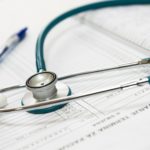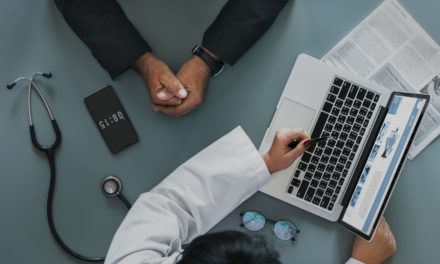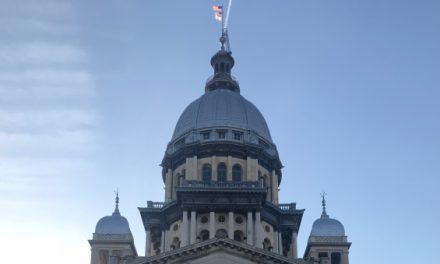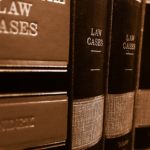
NorthShore – Edward-Elmhurst Health seeks participants for long COVID research
NorthShore – Edward-Elmhurst Health (NS-EEH) has been named one of four priority sites for RECOVER, a large, nationwide research program designed to understand, treat and prevent long COVID. The National Institutes for Health (NIH) is sponsoring the phase 2 clinical trials, which will simultaneously evaluate potential treatments, including drugs, biologics, medical devices and other therapies, to identify more swiftly those that are effective.
“We know that when patients are suffering, we can never move fast enough,” says Lawrence A. Tabak, DDS, PhD, Acting NIH Director. “NIH is committed to a highly coordinated and scientifically rigorous approach to find treatments that will provide relief for the millions of people living with long COVID.”
The initial, ongoing phase of the long COVID research, which involves more than 24,000 participants, is using large, observational, multi-site studies to examine and follow people through their experience with COVID-19 to learn why some develop long-term symptoms while others recover completely.
“We recognize the significant impact long COVID has on individuals and families,” says Lakshmi Halasyamani, MD, Chief Clinical Officer, NS-EEH. “Through these research efforts, we advance our steadfast commitment to provide hope and healing to the communities we serve.”
Nirav S. Shah, MD, MPH, Director, Infectious Disease Research, NorthShore University HealthSystem, is the Primary Investigator at the NS-EEH* site, which is seeking participants for the RECOVER-VITAL, RECOVER-NEURO and RECOVER-SLEEP trials to understand how to treat chronic fatigue, brain fog, sleep disturbances and other changes in body functions due to long COVID.
RECOVER-VITAL will initially focus on a treatment targeting the persistence of SARS-CoV-2, the virus that causes COVID-19, which could occur if the virus stays in the body and causes the immune system to not function properly or damage the organs. The first intervention will test a longer dose regimen of the antiviral PAXLOVID than is used for treating acute COVID to see if it improves the symptoms of patients with long COVID.
RECOVER-NEURO will examine accessible interventions for cognitive dysfunction related to long COVID, including brain fog, memory problems and difficulty with attention, thinking clearly and problem solving. Interventions will include a web-based brain training program called BrainHQ, that has been used to improve cognitive function; PASC-Cognitive Recovery, a web-based goal management training program, that has been used to improve executive function and a device used for home-based transcranial direct current stimulation, which has been demonstrated to help brain activity and blood flow.
RECOVER-SLEEP will test interventions for changes in sleep patterns or ability to sleep after having COVID-19. A trial for hypersomnia, or excessive daytime sleepiness, will test two wakefulness-promoting drugs compared to a placebo control. A second trial for sleep disturbances, such as problems falling or staying asleep, will test other interventions designed to improve sleep quality to learn if these interventions may help regulate sleep patterns in adults with long COVID.
NS-EEH has started pre-screening patients for the trials and is expected to enroll its first patient soon. For more information about and to determine eligibility for the trials, e-mail IDResearch@northshore.org or call 224-364-7971.






